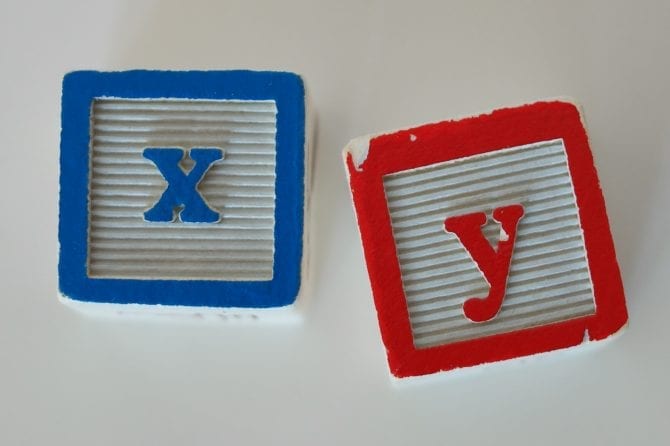
Oxytocin as a prosocial hormone affects relationships, empathy, socialization but also the protection of offspring. In the projects, we monitor oxytocin levels in children with ASD in comparison with the general population, as well as selected genetic polymorphisms of the oxytocin receptor gene and determine the association of oxytocin with behavioral characteristics.
The effect of oxytocin on dendritic growth is investigated in in vivo experiments on cell lines in cooperation with the Institute of Experimental Endocrinology of the Biomedical Center of the Slovak Academy of Sciences … More
Oxytocin levels and oxytocin receptor gene polymorphisms in boys with ASD in relation to behavioral parameters.
We examined oxytocin levels and oxytocin receptor gene polymorphisms in groups of boys with autism versus boys in the general population and examined the effect of oxytocin on the behavioral characteristics of children with autism. The results of different oxytocin levels and oxytocin receptor genetic polymorphisms suggest different mechanisms of action of oxytocin to modulate the behavior of children with autistic disorders.
Lakatosova S, Dudova L, Pivovarciova A, Husarova V, Babinska K, Kubranska A, Ostatnikova D. Association with Autism of Two Polymorphisms in Gene Encoding Oxytocin Receptors in Slovakia. Autism, 2013, 3:3
Oxytocin levels in boys with autism and their relationship to the behavioral characteristics of children and their fathers.
The study examined the hypothesis of oxytocin contribution in the etiology of autism. We measured oxytocin levels in boys with autism and compared them with oxytocin levels in boys in the control group. We looked for an association of oxytocin concentrations with the manifestations of autism traits and their severity. The association of oxytocin levels in autistic boys with their fathers’ behavioral autistic features suggested that oxytocin linked parental autism features to their children’s autism symptoms.
Husarova VM, Lakatosova S, Pivovarciova A, Babinska K, Bakos J, Durdiakova J, Kubranska A, Ondrejka I, Ostatnikova D. Plasma Oxytocin in Children with Autism and Its Correlations with Behavioral Parameters in Children and Parents. Psychiatry Investig. 2016 Mar;13(2):174-83
Effect of oxytocin on the morphology of neuronal outgrowths in cell lines and synaptic proteins.
In cooperation with the Biomedical Center of the Slovak Academy of Sciences, we monitored the morphology of cells and the growth of their protrusions on cell cultures depending on the effect of oxytocin in cell lines. The levels of adhesion molecules and other abnormalities in neurogenesis in connection with the structural nature of the pathology of autism were monitored.
Reichova A, Bacova Z, Bukatova S, Kokavcova M, Meliskova V, Frimmel K, Ostatnikova D, Bakos J. Abnormal neuronal morphology and altered synaptic proteins are restored by oxytocin in autism-related SHANK3 deficient model.Mol Cell Endocrinol. 2020 Dec 1;518:110924.
Filova B, Reichova A, Zatkova M, Srancikova A, Bukatova S, Bacova Z, Bakos J.Filova B, et al. Expression of synaptic proteins in the hippocampus is modulated by neonatal oxytocin treatment. Neurosci Lett. 2020 Apr 23;725:134912.
Zatkova M, Reichova A, Bacova Z, Bakos J.Zatkova M, et al. Activation of the Oxytocin Receptor Modulates the Expression of Synaptic Adhesion Molecules in a Cell-Specific Manner. J Mol Neurosci. 2019 Jun;68(2):171-180.


